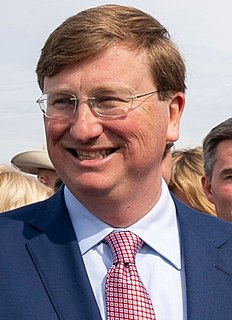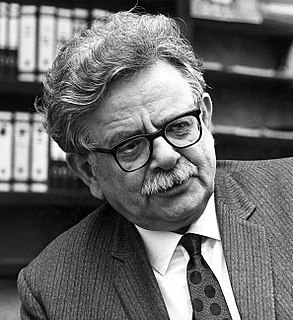A Quote by Blaise Pascal
Necessity, that great refuge and excuse for human frailty, breaks through all law; and he is not to be accounted in fault whose crime is not the effect of choice, but force.
Related Quotes
War, even in the best state of an army, with all the alleviations of courtesy and honor, with all the correctives of morality and religion, is nevertheless so great an evil, that to engage in it without a clear necessity is a crime of the blackest dye. When the necessity is clear, it then becomes a crime to shrink from it.
Ignorance of the law of irreducibility was no excuse. I could no longer excuse myself with the claim that I didn't know the law -- for knowledge of self and of the world is the law that, even though unattainable, cannot be broken, and no one can excuse himself by saying that he doesn't know it. . . . The renewed originality of the sin is this: I have to carry out my unknowing, I shall be sinning originally against life.
What's up, Hachi?" "Someone......Just slipped through my force-field." "!!!" "A soul reaper?" "No. The Hachigyo Sogai (Twin Cliffs) I set is an original technique I developed after I became a visored. It can't be broken by a soul reaper's kido." "Then who is it? Another visored?" "I don't know. The strange thing is that they didn't break through the force-field. They Slipped through. Not even a visored should be able to do that." "Then, who or what is it?" "...It's coming." "It's a Human?" "Uh...Um...E-excuse me...where's the Bathroom?
To avoid the hard necessity of either obeying or rejecting the plain instructions of our Lord in the New Testament we take refuge in a liberal interpretation of them. We evangelicals also know how to avoid the sharp point of obedience by means of fine and intricate explanations. These are tailor-made for the flesh. They excuse disobedience, comfort carnality and make the words of Christ of none effect. And the essence of it all is that Christ simply could not have meant what He said. His teachings are accepted even theoretically only after they have been weakened by interpretation.
This law represents a cornerstone in a structure which is being built but is by no means completed--a structure intended to lessen the force of possible future depressions, to act as a protection to future administrations of the Government against the necessity of going deeply into debt to furnish relief to the needy--a law to flatten out the peaks and valleys of deflation and of inflation--in other words, a law that will take care of human needs and at the same time provide for the United States an economic structure of vastly greater soundness.
Justice begins with the recognition of the necessity of sharing. The oldest law is that which regulates it, and this is still themost important law today and, as such, has remained the basic concern of all movements which have at heart the community of human activities and of human existence in general.










































